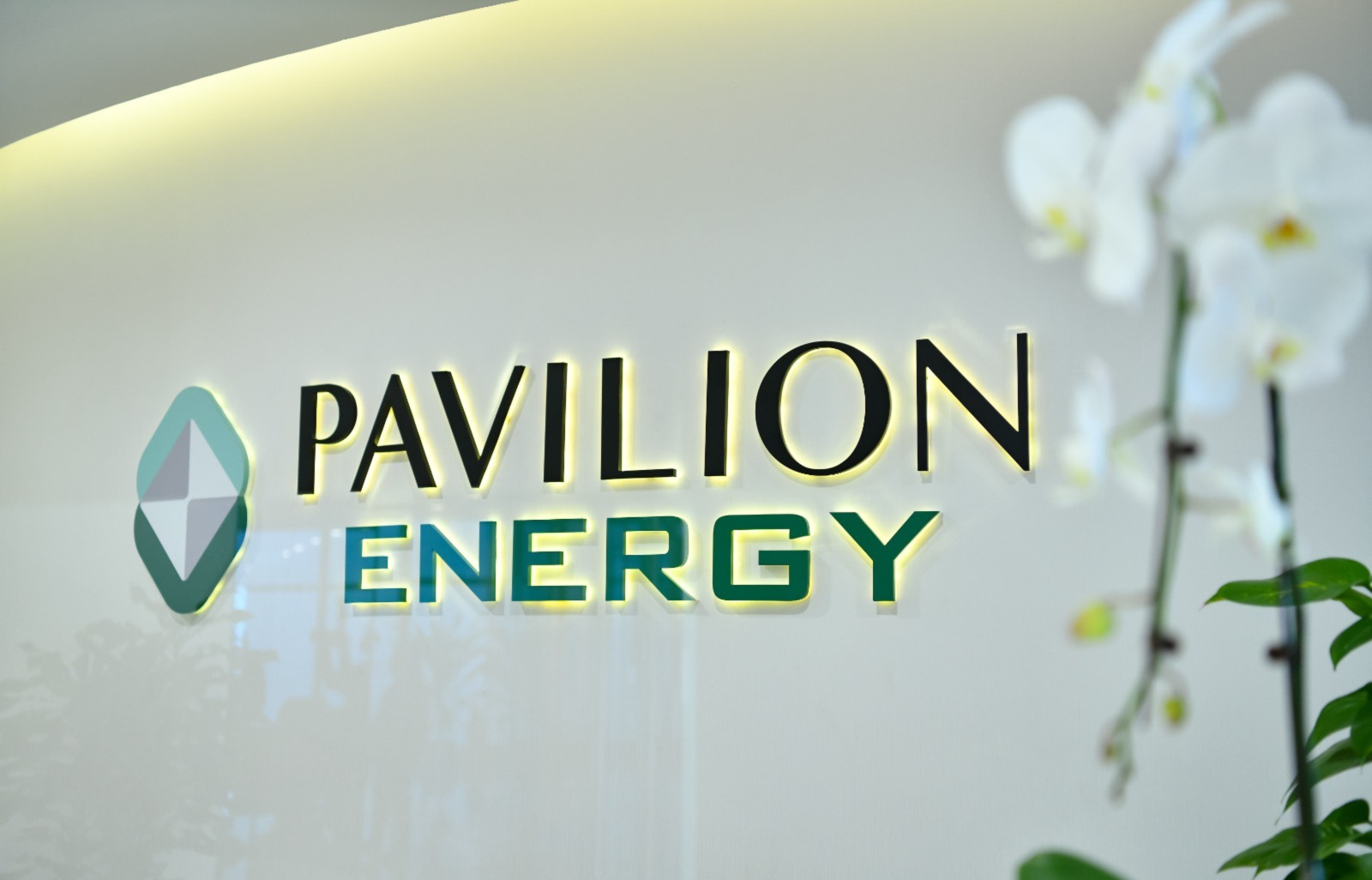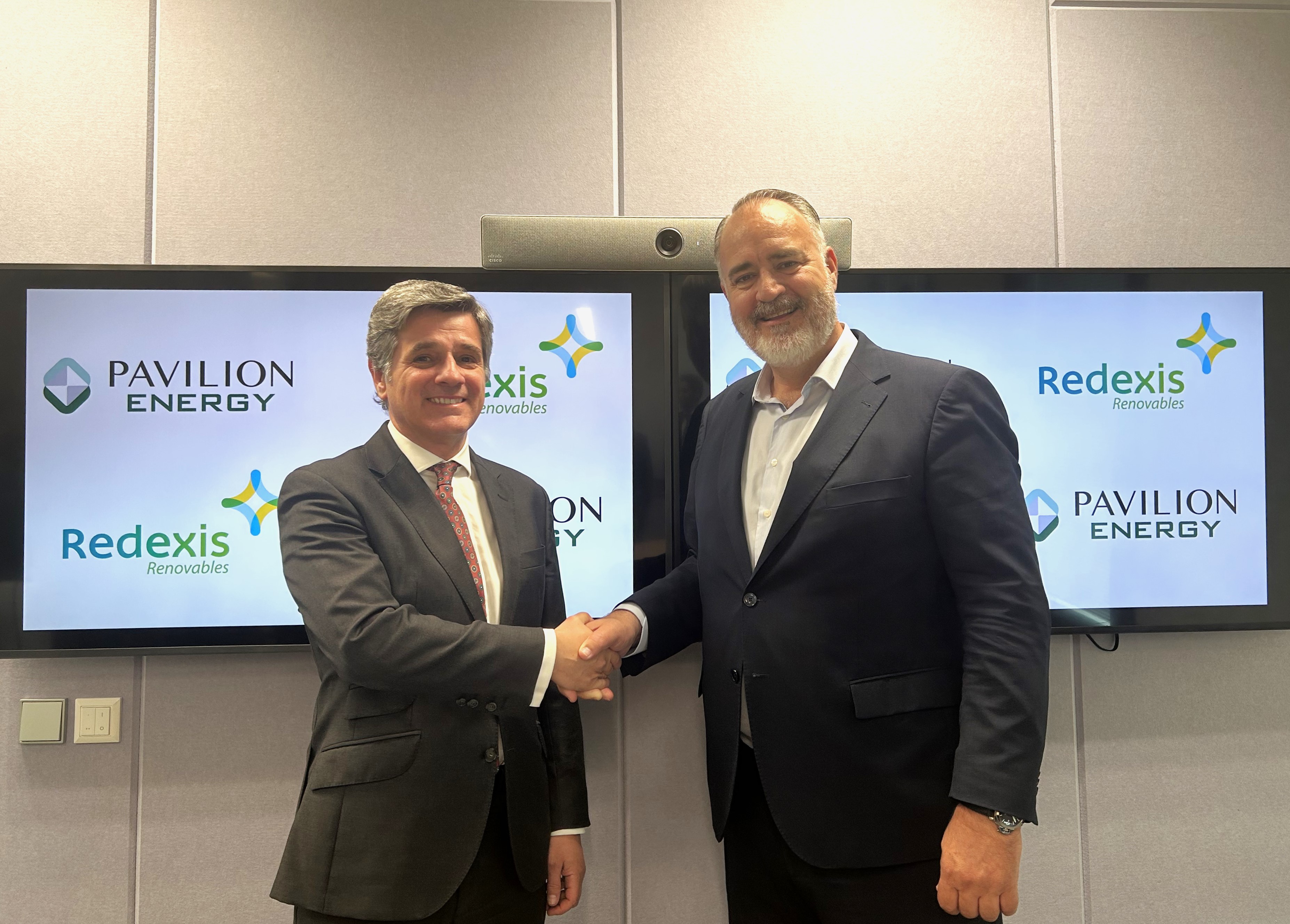Pavilion Energy Pte, the liquefied natural gas unit of Singapore's state-owned investment company, will pay $1.3 billion for a 20 percent stake in three gas blocks offshore Tanzania in East Africa. Pavilion Energy, owned by Temasek Holdings Pte, entered an agreement today with Ophir Energy Plc (OPHR), which holds 40 percent of the estimated 15 trillion cubic feet of gas in Tanzania Blocks 1, 3 and 4, the Singapore-based company said today in a statement. The transaction is scheduled to be completed in the first quarter of 2014.
Seah Moon Ming, group chief executive officer of Pavilion Energy Pte, speaks in this handout photograph taken at the Gas Asia Summit in Singapore on Oct. 30, 2013. Photographer: Gan Jia Jun/Pavilion Energy Pte via Bloomberg
The investment helps Pavilion Energy diversify its supply of LNG to meet growing Asian demand just as Singapore vies to become a gas-trading hub. East Africa has seen some of the world's largest gas discoveries over the last three years including fields off Mozambique that were estimated to hold enough gas to meet global demand for two years. The first deliveries from Pavilion's Tanzania blocks are scheduled to start in 2020.
"It's a fairly bold move by Pavilion to buy into Tanzania gas as East Africa is virgin territory and the rules haven't been written," said Tony Regan, a Singapore-based energy consultant at Tri-Zen International Inc. "The governments of Tanzania and Mozambique are still setting up legislation and the domestic gas markets aren't very big so the price of cargoes produced and sold in East Africa will be quite attractive."
Temasek set up Pavilion in April to supply LNG in Asia, the company said at the time. Pavilion Gas, the unit that manages operations and LNG distribution, started trading and plans to complete its first delivery to Asia by February, Chief Executive Seah Moon Ming said in a speech last month.
Tanzania 'Potential'
"The natural gas developments in Tanzania hold tremendous potential, not just for Pavilion Energy but for Singapore and Asia," Hassan Marican, chairman of Pavilion, said in a statement. Ophir shares rose as much as 20 percent in London, the most since March 2012, to 393.7 pence and traded at 390.9 pence at 9:57 a.m. local time.
Berkshire, England-based BG Group Plc owns the remaining 60% of the Tanzania 1, 3 and 4 gas blocks, according to the company's website.
Pavilion signed its first long-term deal in October with a European supplier for 500,000 metric tons of LNG annually for 10 years starting in 2018. The contract is with "a major European oil and gas multinational" for delivery to Singapore and the region, said Seah, declining to identify the company.
More Capital
Pavilion Energy has increased its capital to $6.9 billion from the initial $1 billion earlier this year, it said today.
The company will use various price indexes for contracts of different durations, Seah said in a speech in September. Long-term LNG contracts, typically more than 10 years, are usually settled on the basis of a formula with a fixed percentage linked to Brent oil or the Japan Crude Cocktail price.
Singapore, Asia's oil-trading center, also wants to be a hub for LNG, supercooled gas shipped by tankers rather than pipelines. It opened its first LNG terminal in May with an initial annual capacity of 3.5 million tons, which is scheduled to rise to 6 million tons by the end of the year. Gas supplied 84 percent of Singapore's electricity in 2012, according to the Energy Market Authority, the nation's energy regulator.
Raising Capacity
A fourth tank is planned to raise capacity to 9 million tons by 2016. That would allow Singapore to offer last-minute deliveries, or spot cargoes, to buyers in Asia seeking an alternative to long-term contracts.
Temasek's total holdings jumped to a record S$215 billion ($173 billion) in the year ended March 31 as surging global stock markets bolstered assets. Energy and resources companies make up 6 percent of the investments, according to its annual report released in July.
The state-owned company said in July that new opportunities include industries such as energy, resources, life sciences, consumer and technology.
-- Reporter: Chou Hui Hong chong43@bloomberg.net
-- Editors: Alexander Kwiatkowski akwiatkowsk2@bloomberg.net






